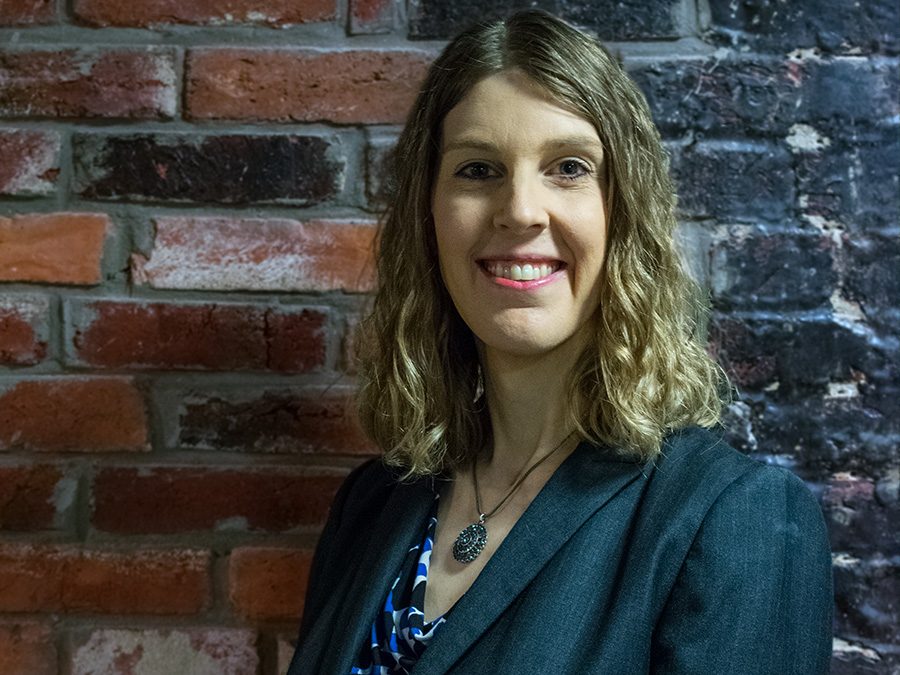The nonreligious identity organization American Atheists released Reality Check: Being Nonreligious in America, a comprehensive report drawn from the groundbreaking U.S. Secular Survey.
Counting nearly 34,000 nonreligious participants and organized by a team of researchers at Strength in Numbers Consulting Group, the U.S. Secular Survey is the largest ever data collection project on secular Americans and their experiences.
“At 75 million people, religiously unaffiliated Americans are as large a demographic as either Evangelical Christians or Catholics, and explicitly nonreligious people comprise a growing share of the population, yet before the U.S. Secular Survey there had been a lack of focused research on our community,” said Alison Gill, Vice President for Legal and Policy at American Atheists, who helped lead the project. “What we found shocked us. Discrimination and stigma against nonreligious Americans is widespread and extremely harmful.”
Due to their nonreligious identity, more than half of participants (54.5%) had negative experiences with family members, nearly one third (29.4%) in education, and more than one in five (21.7%) in the workplace. Of those who experienced discrimination within their families, there was a 73.3% higher rate of likely depression.
“The nonreligious community is not a monolith,” said Gill. “With nearly half of all LGBTQ people being nonreligious, it’s all the more troubling that we face discrimination for being both LGBTQ and secular.”
LGBTQ participants were significantly more likely to have had “very” or “somewhat” unsupportive parents (43.0%) compared to non-LGBTQ participants (35.1%). Participants with unsupportive parents had a 71.2% higher rate of likely depression than those with very supportive parents.
“The struggles of nonreligious Americans, especially LGBTQ nonbelievers, are far too often overlooked. Thankfully, the U.S. Secular Survey has revealed the discrimination our diverse community regularly faces,” said Nick Fish, president of American Atheists. “With that well-established, we need to find solutions and work toward ending the stigma that leads to that discrimination.”
The report found that involvement with organized secular community groups is an important protective factor that correlated with reduced likelihood of loneliness and depression. Members of national secular organizations were 34.8% less likely than non-members to be at risk for depression, while members of local secular groups were 29.3% less likely.
“We know the power of being a part of a shared community and support structures. Now it’s up to secular organizations to dedicate resources to strengthening these networks across the nation,” added Fish.
